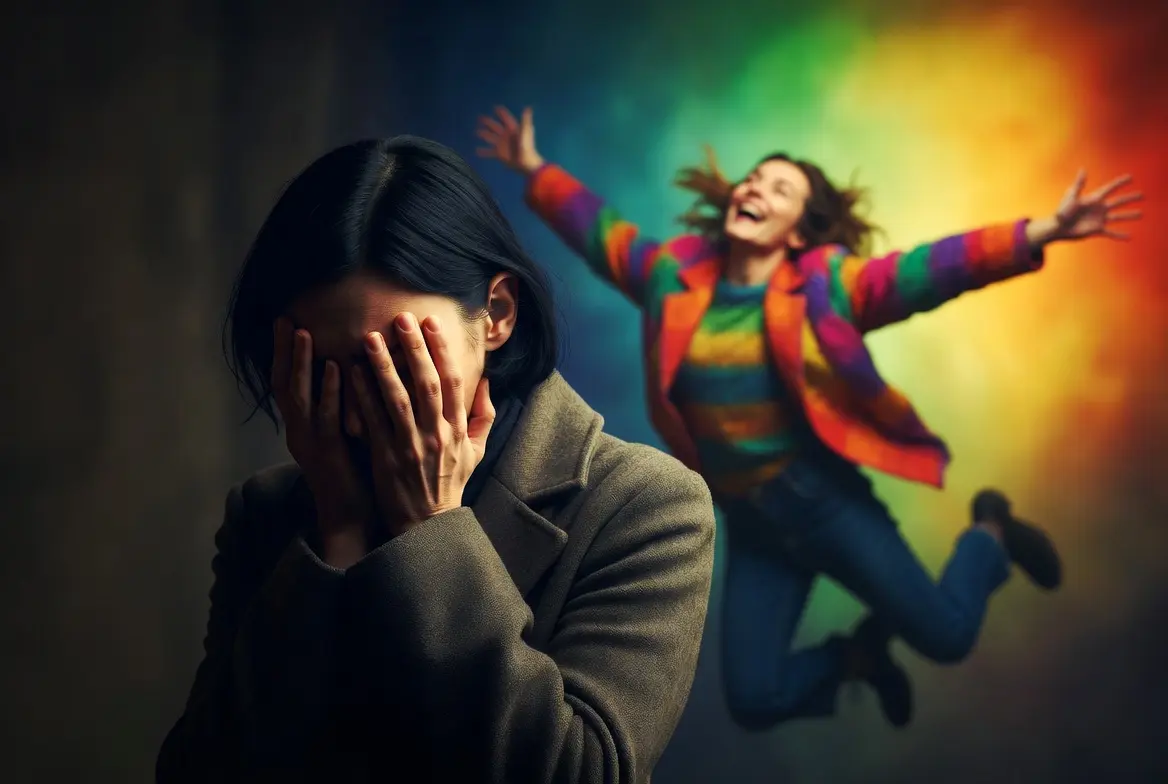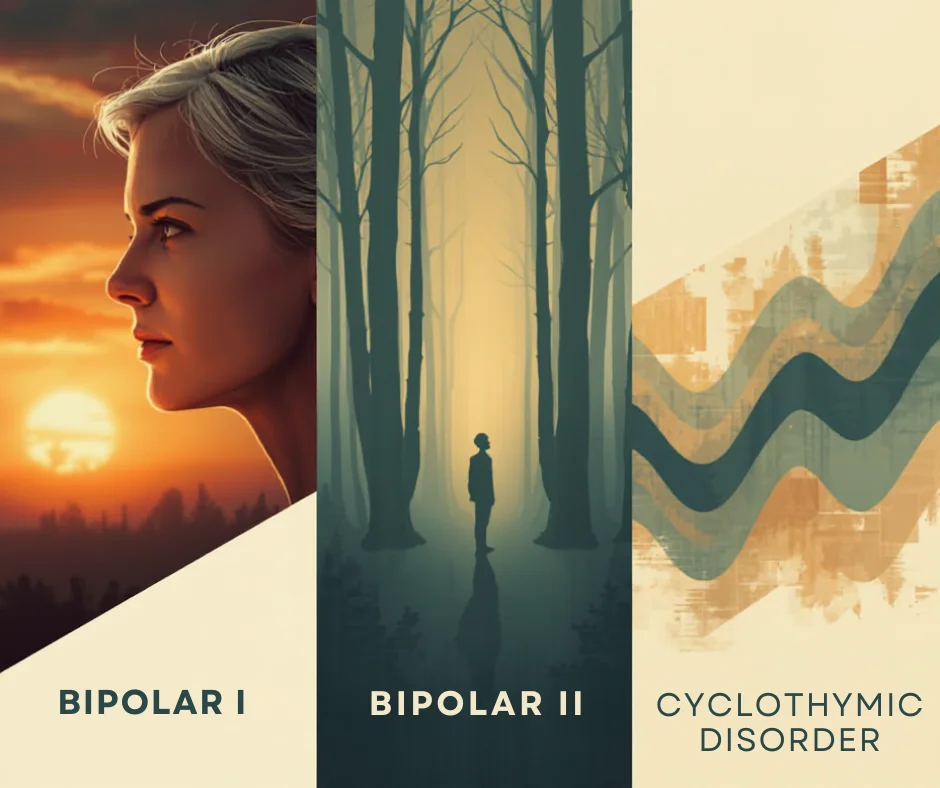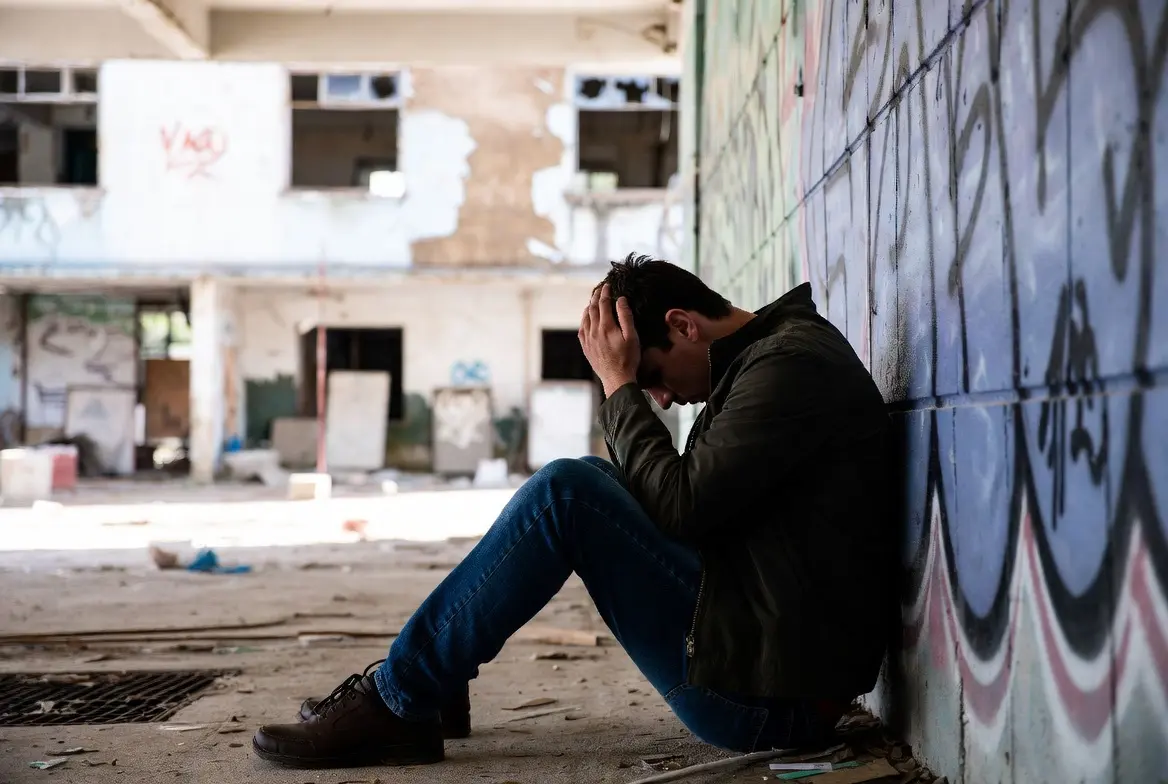
Borderline Personality Disorder in Women: A Comprehensive Clinical and Relational Guide
Borderline Personality Disorder (BPD) is a complex mental health condition that remains one of the most misunderstood diagnoses in modern psychology. While the disorder affects all genders, the borderline personality...
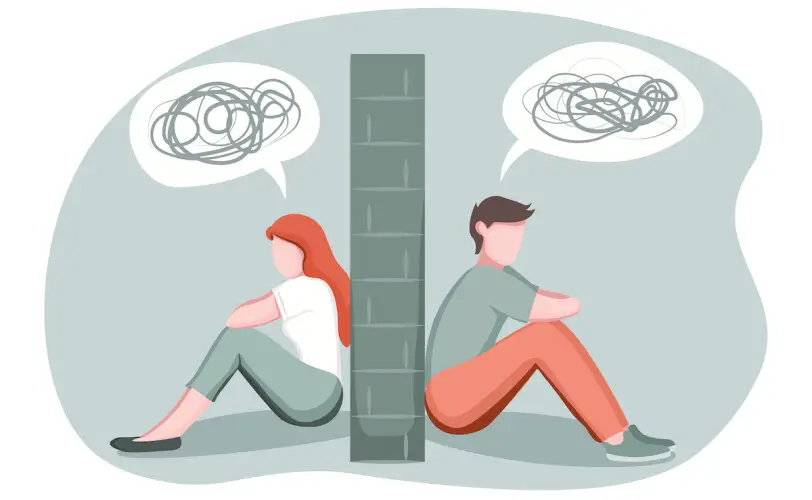
How to Deal With Borderline Personality Disorder (BPD): A Guide to Support and Survival
Loving or living with someone who has Borderline Personality Disorder (BPD) often feels like navigating...
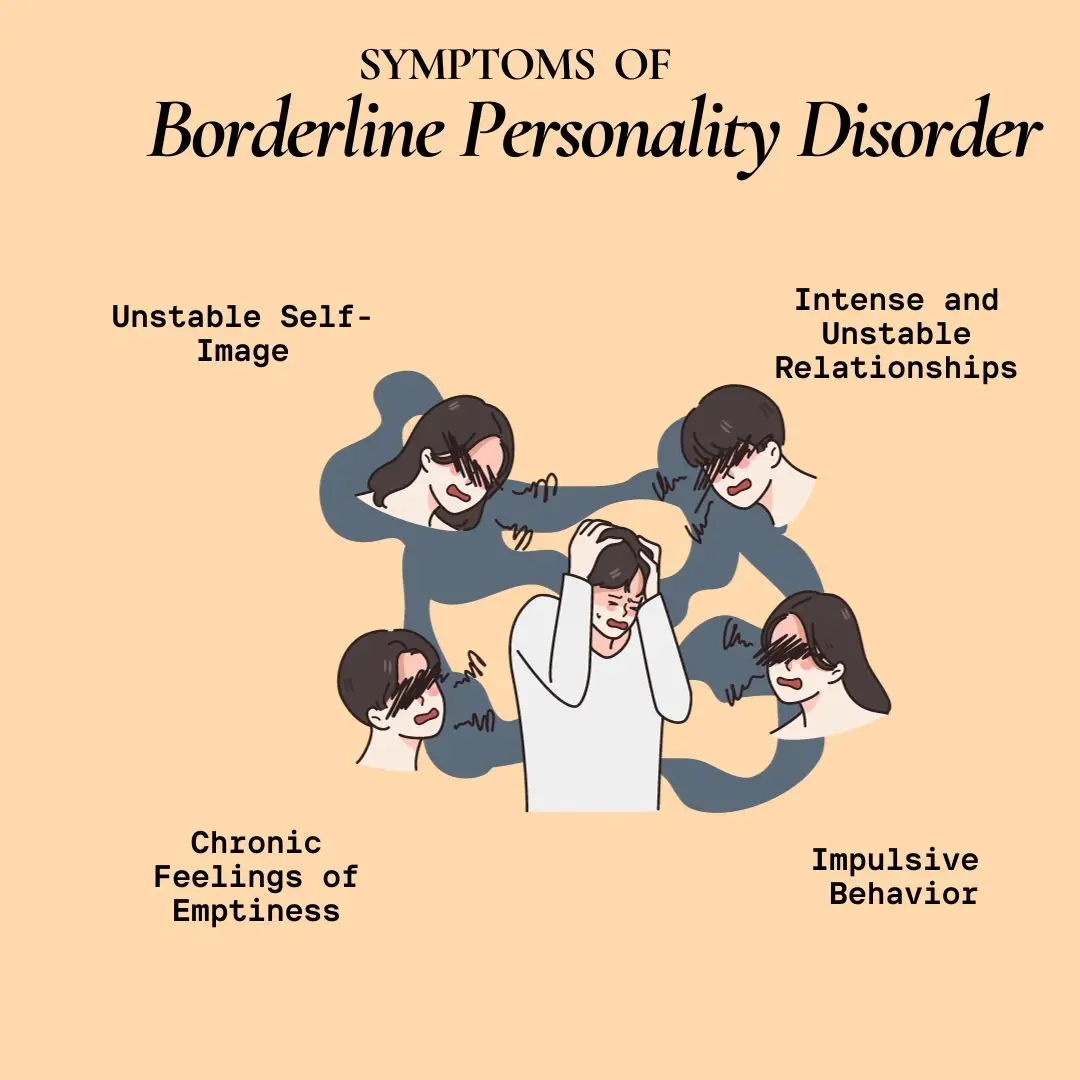
Borderline Personality Disorder in Teens: A Comprehensive Guide for Parents and Caregivers
The landscape of adolescent mental health has shifted dramatically over the last decade. For years,...
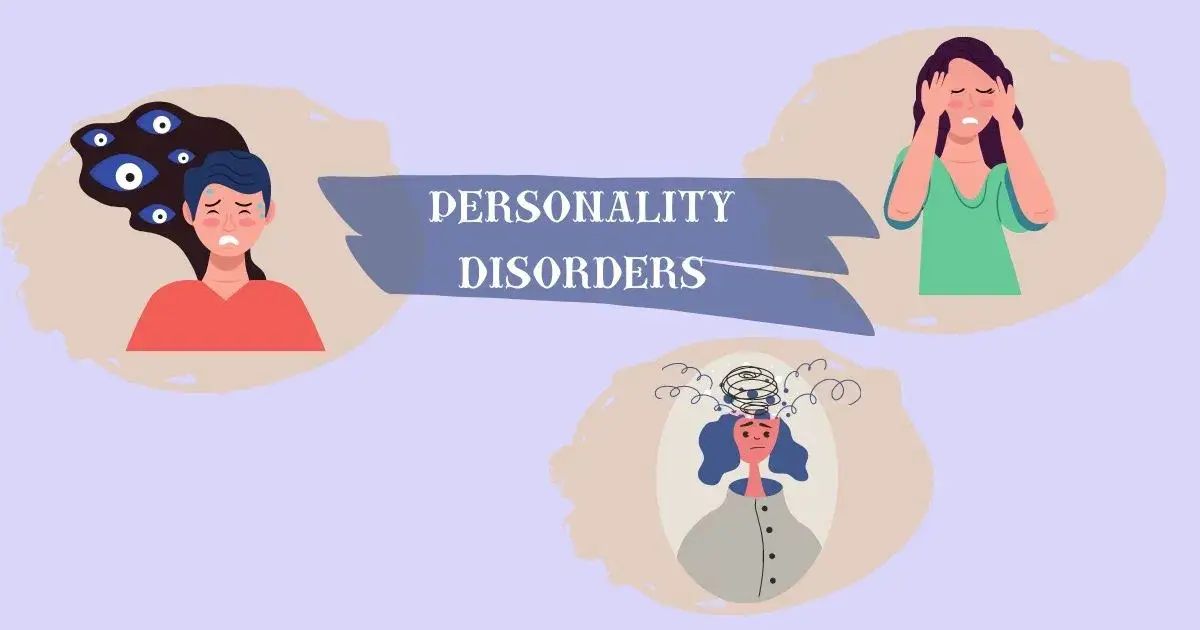
Borderline Personality Disorder Assessment: Tools, Tests, and Diagnosis Explained
Seeking a borderline personality disorder assessment is often the first step in a profound journey...
Mental Health Conditions
Am I Bipolar?
Explore bipolar disorder basics including symptoms, types (I & II), causes, and more. Get clear, reliable info to better understand this condition and find support.
Bipolar Personality
Does bipolar disorder change your personality? Explore how bipolar affects traits, common misconceptions, and tips for managing identity alongside the condition.
Types of Bipolar
Understand the different types of bipolar disorder – Bipolar I, Bipolar II, cyclothymic, and others – with key differences in symptoms and severity explained.
Bipolar stories
Read inspiring bipolar stories from people living with the condition. Gain hope, insights, and practical tips from real-life journeys of managing bipolar.
Top Reads
Subscribe to Our Newsletter
Get mental health tips, updates, and resources delivered to your inbox.
Featured Stories
Featured Mental Health Topics
Get Support
Read More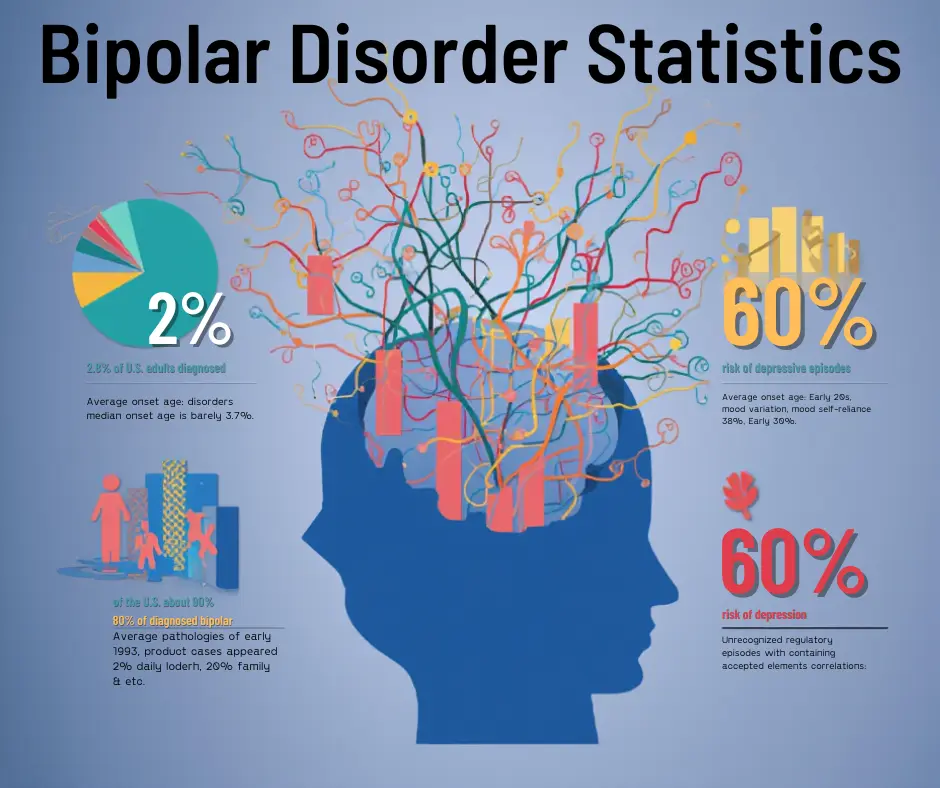
Bipolar Disorder Statistics, Facts & Treatment (2026 Guide)
Hey there. Are you looking for the truth behind the numbers? You are not alone in this search. Many people...

Emotional Intelligence: What It Is, Why It Matters, and How to Improve It
In the modern landscape of 2026, where technical skills are increasingly augmented by artificial intelligence, the human element has become...

Anxiety Medication: The Complete Guide to Options, Uses, and Alternatives
Anxiety is a natural human response—a biological alarm system designed to keep us safe from danger. However, for millions of...



